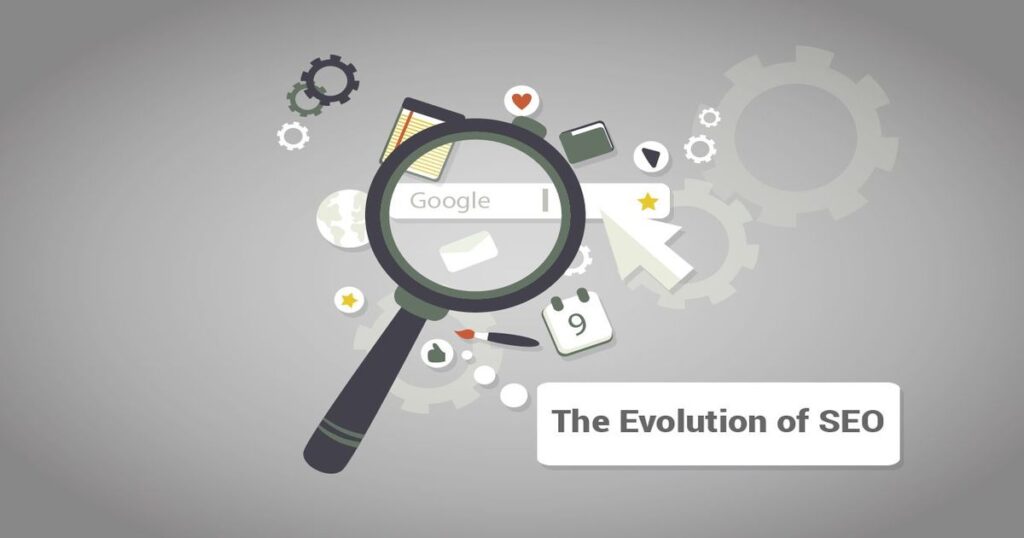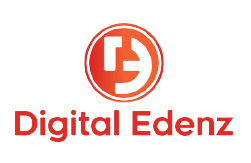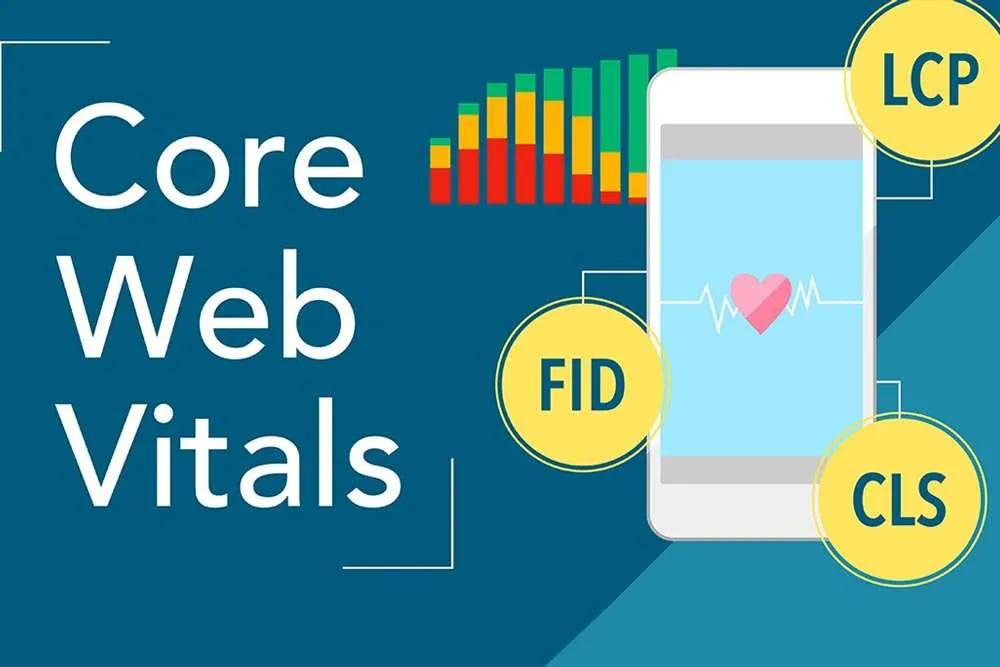
Decoding Search Engine Algorithms for 2025: A Deep Dive
The search engine optimization (SEO) landscape continues to evolve at a breakneck pace. As we move into 2025, digital marketing professionals and agencies must adapt to increasingly sophisticated algorithms prioritizing user experience, authentic content, and semantic understanding. Let’s explore the key trends and strategies for Decoding Search Engine Algorithms for 2025.
The Rise of AI-Driven Search
Gone are the days when simple keyword stuffing could guarantee top rankings. Modern search engines, particularly Google, now employ advanced machine learning algorithms that understand context, intent, and natural language patterns. For digital marketing agencies, this means shifting focus from traditional optimization techniques to a more holistic approach.
Key Algorithm Factors for 2025:
- User Experience Signals
- Core Web Vitals remain crucial
- Mobile-first indexing is now mandatory
- Page loading speed directly impacts rankings
- Content Quality Indicators
- Semantic relevance over keyword density
- Expert authorship and E-E-A-T principles
- Content depth and comprehensiveness
- Social Media Integration
- Social signals as ranking factors
- Platform-specific content optimization
- Cross-channel consistency
The Multi-Channel Approach
Success in 2025 requires understanding that Google optimization cannot exist in isolation. The most effective digital marketing strategies integrate:
- Social media engagement
- Voice search optimization
- Visual search capabilities
- Local SEO elements
- Video content optimization
Technical SEO Evolution
Modern search engine algorithms demand technical excellence. Key focus areas include:
- Schema markup implementation
- API-first indexing
- Progressive Web Apps (PWAs)
- Core Web Vitals optimization
- Secure and accessible coding practices

Future-Proofing Your SEO Strategy
For digital marketing agencies and professionals, staying ahead means:
- Embracing AI Tools
- Utilizing predictive analytics
- Implementing automated testing
- Leveraging machine learning for content optimization
- Focusing on User Intent
- Understanding search journey mapping
- Creating intent-optimized content
- Analyzing user behavior patterns
- Building Authority
- Developing thought leadership
- Creating expert content
- Building genuine backlink profiles
The Role of Digital Marketing Agencies
As algorithms become more complex, the role of specialized digital marketing agencies becomes increasingly important. Agencies must:
- Stay current with algorithm updates
- Provide data-driven insights
- Offer integrated marketing solutions
- Maintain transparency in reporting
- Focus on measurable results
Practical Implementation Steps
- Audit Current Performance
- Analyze technical SEO elements
- Review content quality
- Assess user experience metrics
- Develop Comprehensive Strategy
- Create content calendars
- Plan technical improvements
- Set measurable KPIs
- Monitor and Adapt
- Track algorithm updates
- Measure performance metrics
- Adjust strategies as needed
Conclusion
Success in 2025’s SEO landscape requires a sophisticated understanding of search engine algorithms combined with a user-centric approach. Digital marketing professionals must balance technical expertise with creative content strategies while staying agile enough to adapt to ongoing changes.
Remember: The most successful SEO strategies will be those that prioritize genuine user value while leveraging advanced technical optimization techniques.


